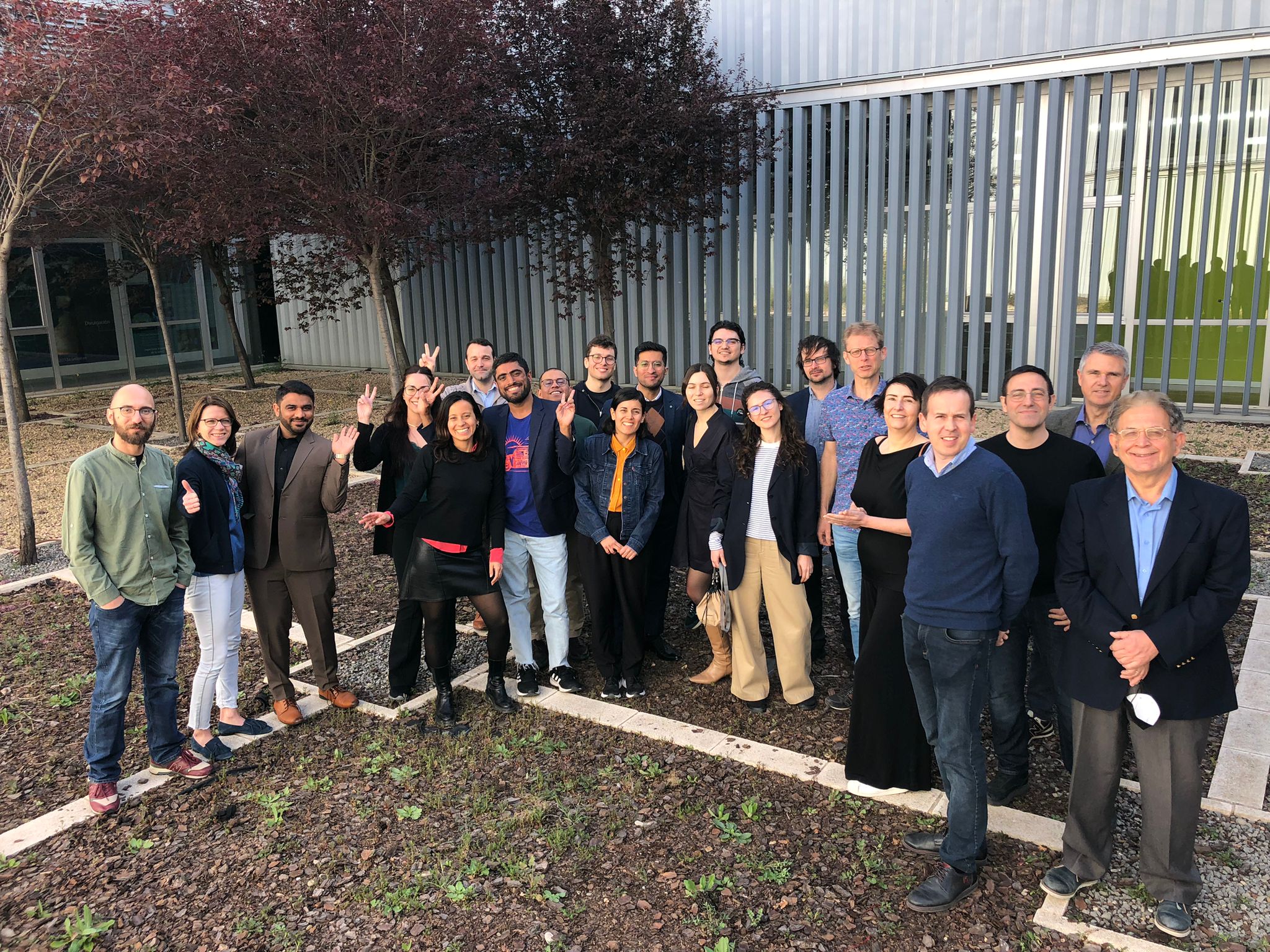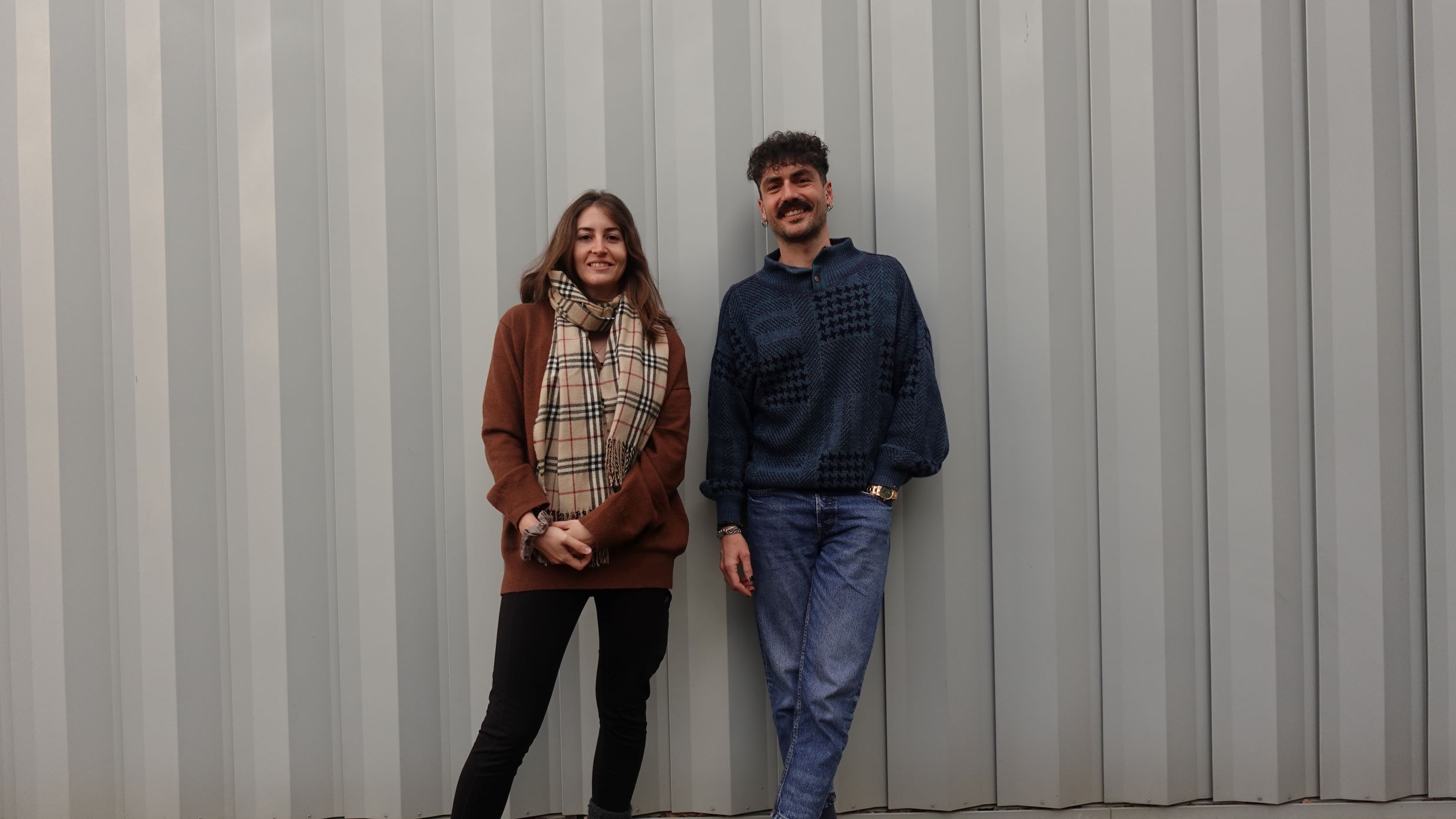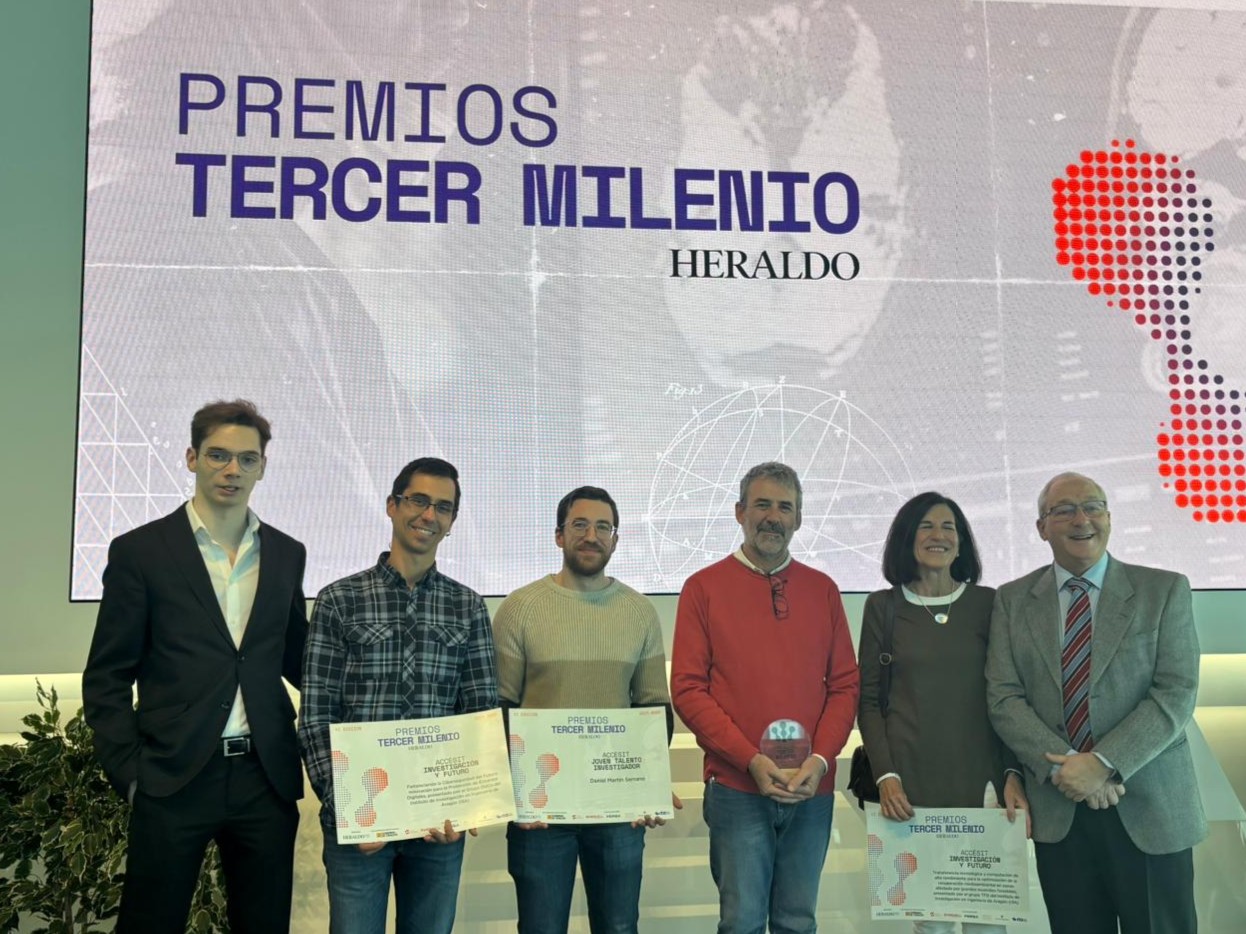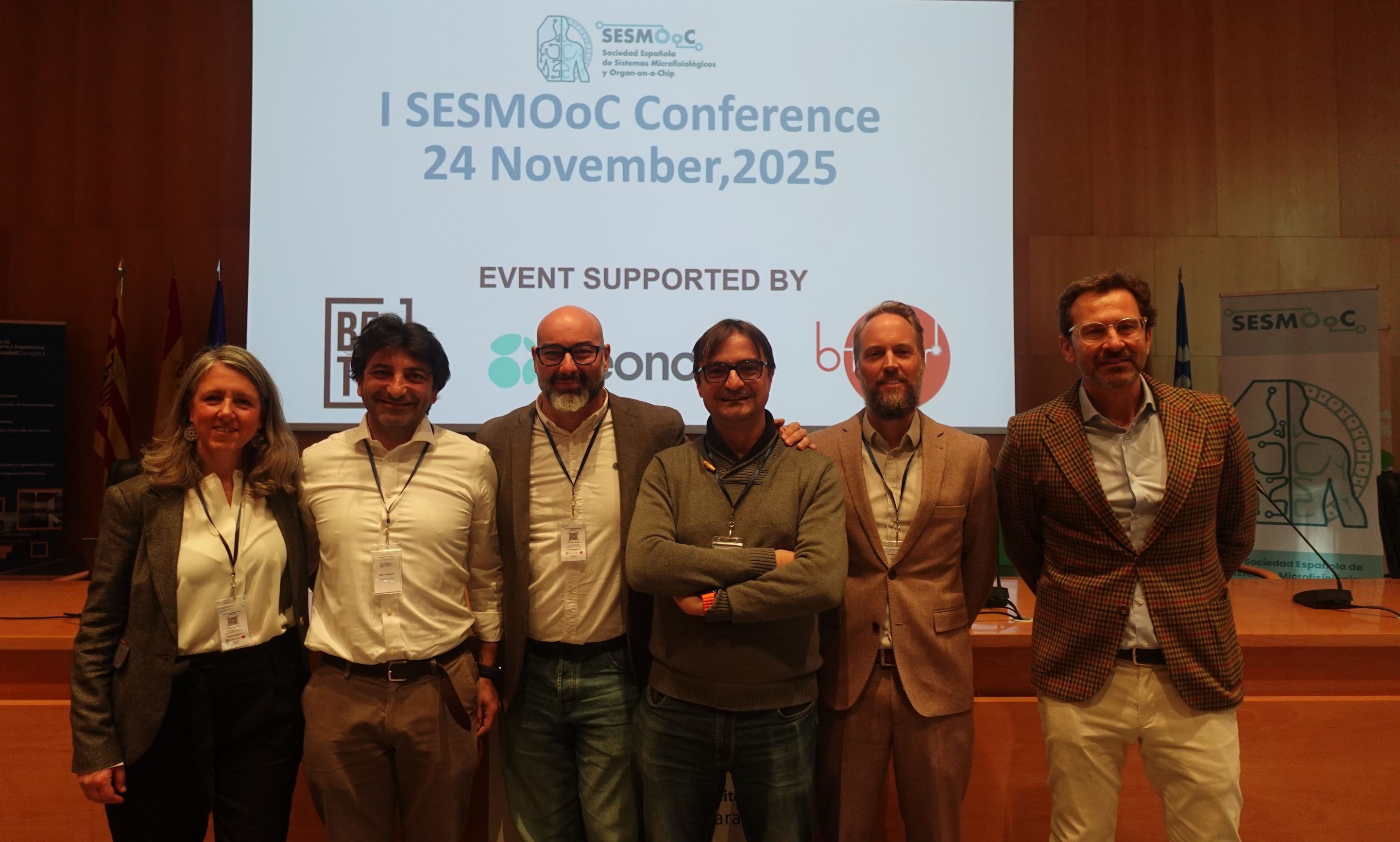
The I3A has hosted this week the training sessions in which 15 European PhD students have participated. The course is part of the ODECO project, whose main objective is to train creative and innovative researchers in the use of open data. Each of the Early Stage Researchers (ESR) covers a specific part of the open data ecosystem and is supervised by the main European beneficiaries.
ODECO is an initiative of the Marie Skłodowska-Curie Innovative Actions Training Network, funded by the European Union, which trains early-stage researchers in open data to address the current and future challenges of realising a circular and inclusive user-driven open data ecosystem.
The central objective of the ODECO consortium network is to prepare the next generation of researchers to unlock their creative and innovative potential to address current and future challenges.
In a context where most data is free or freely licensed, the training course has taught them how to catalogue data according to each person's needs. "We have to see which ones are useful for each user. For example, a journalist will not have the same needs as a teacher, so we have to publish data in such a way that each one can use it for their own benefit," explains Francisco Javier López-Pellicer, coordinator of the ODECO project at the University of Zaragoza. In addition, he says, all researchers are users of data for their projects or research results and are aware of the errors that exist.
The ODECO programme has a duration of four years.. It started in October 2021 and will end in September 2025. It will deliver 15 doctoral degrees in monitoring and joint uptake between the public or private sectors. Throughout these four years they have several weeks of training, the last one was in Copenhagen and the next one will be in Italy. Here in Zaragoza, at the I3A, they were able to visit the laboratory of the Thermochemical Processes research group (GPT). "It was a very good experience because they were able to understand the meaning of the circular economy, how to give an additional use to industrial waste, and in the end that is very important for them because they are aware of the importance of data in circular ecosystems," says Javier Nogueras, coordinator of the ODECO project at the I3A..
The course supervisors say that this training is "key" to creating working teams, avoiding overlapping in their lines of research and making collaborations between them, as each one lives in a different country.




